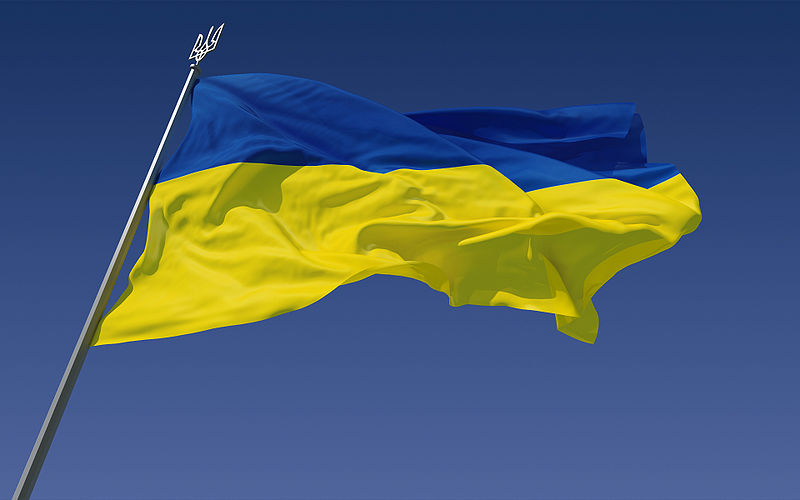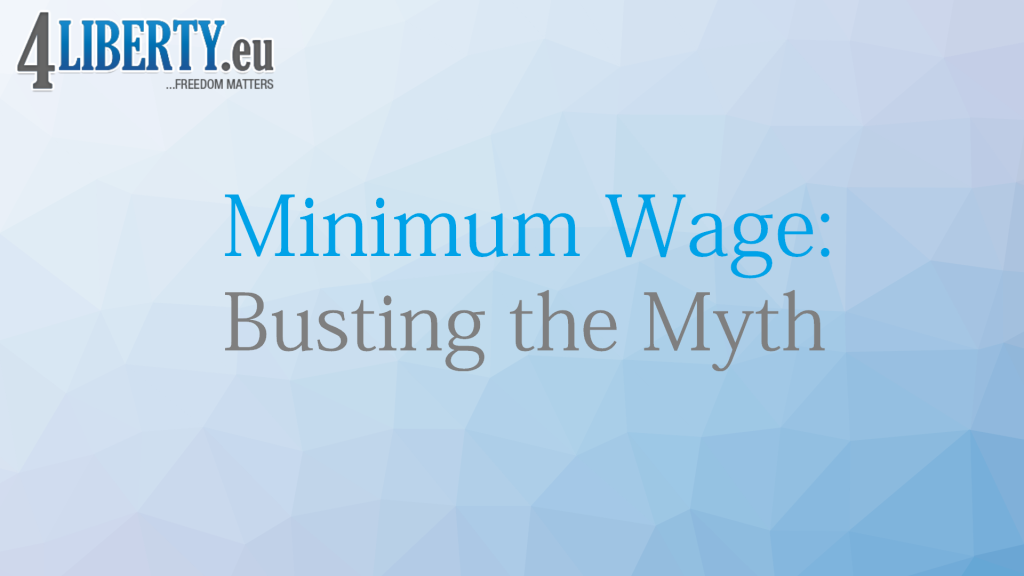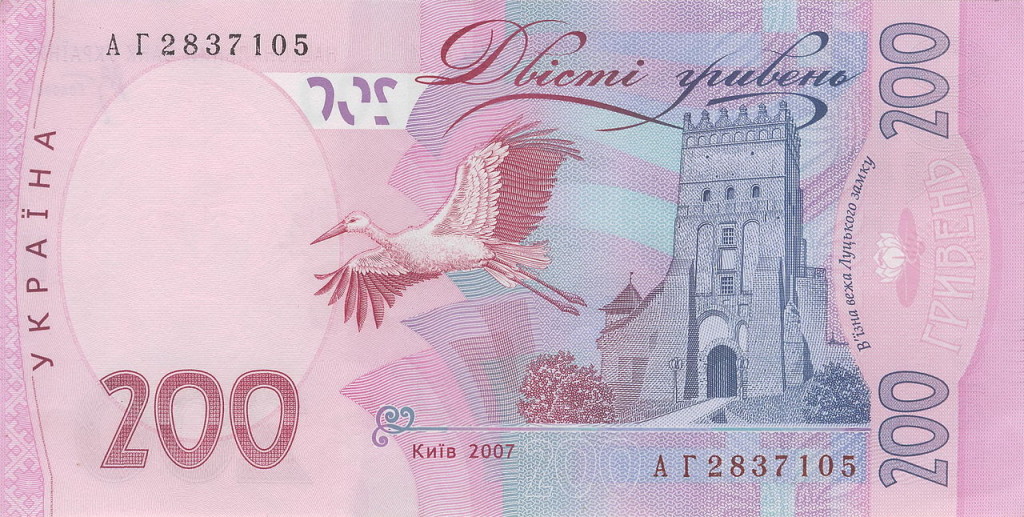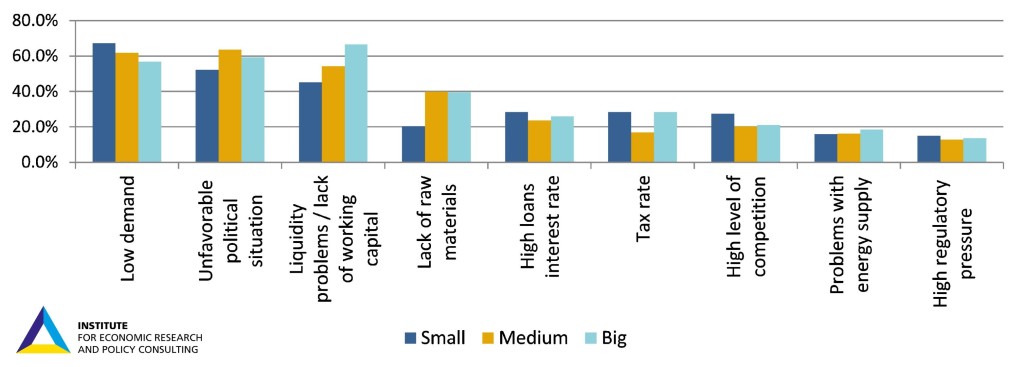
Business Climate in Ukraine: Declining Indicators with Little Confidence in the Nearest Future
BY
The Institute for Economic Research and Policy Consulting - Kyiv / May 12, 2015
The ongoing conflict and economic downturn have taken a toll on Ukrainian businesses across the sectors and sizes. For them, the current political and market uncertainty would make a zero-growth scenario look like a positive development, which, however, is not yet in sight.










